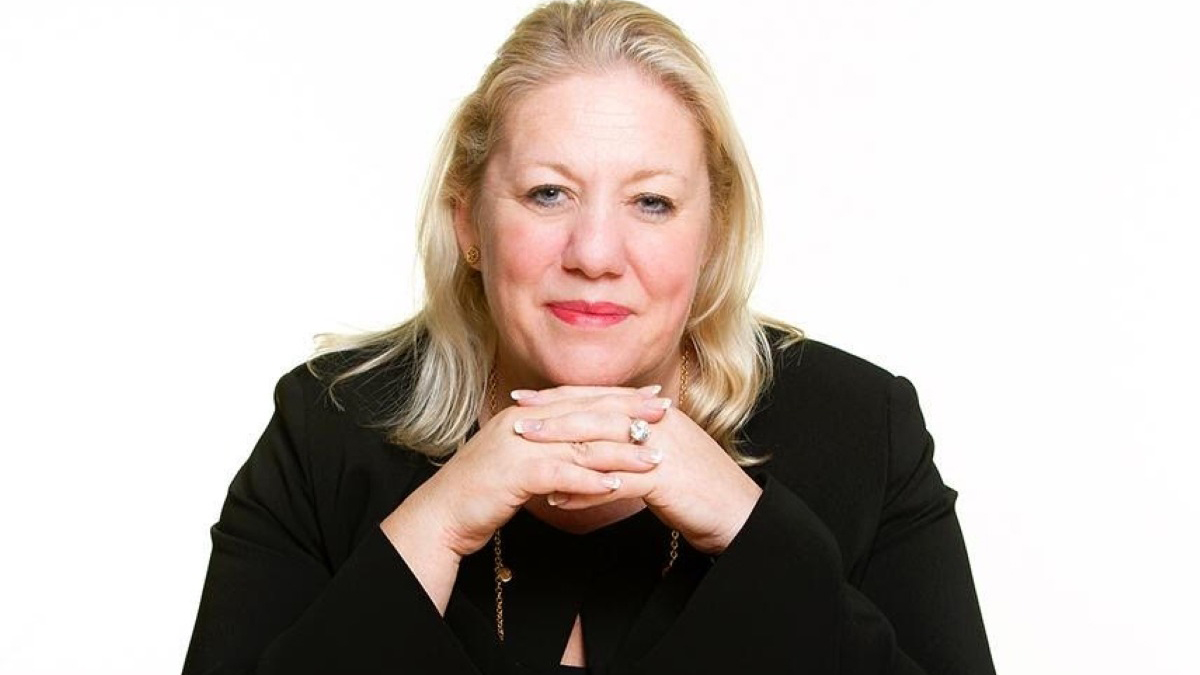
Jen Tippin, group chief people and transformation officer at NatWest Group, is driven by a sense of purpose and meeting customer needs.
Any conversation around technology, whether it be around engineering a new app or embarking on an enterprise-wide digital transformation programme, will eventually centre on people. Banking customers are always the end-users, and the ability to navigate culture can make or break any large scale technology project.
Career history: Jen Tippin
- 2021 Board member, Financial Services Skills Commission
- 2020 NatWest Group, group chief people and transformation officer
- 2017 Lloyds Banking Group, group director, people and productivity
- 2009 Lloyds Banking Group, shared services director
- 2005 Halifax, head of banking telephony
“The world of work is changing considerably. And it isn’t just about technology — it’s about people,” says Jen Tippin, group chief people and transformation officer at NatWest Group. “Culture is what happens when no one is in the room. It’s the unseen and [something] that really comes from the top — from the leadership — [shaping] how businesses do their work and engage with their people and their customers.”
Following 15 years at Lloyds Banking Group, Ms Tippin joined NatWest during the height of the pandemic in mid-2020. Earlier that year, the combined entities of RBS, National Westminster Bank and subsidiaries had rebranded as the NatWest Group, after more than a decade of restructuring in the aftermath of the 2007-2009 financial crisis. According to Ms Tippin, the whole organisation turned its attention on “helping people, businesses and families to thrive”.
It was that sense of purpose that attracted her to the bank and her current role. “What has united the 60,000 people that work for NatWest ... has been this purpose,” she says.
Digital and human
As many have noted, the impact of the pandemic has accelerated the response to changing business and customer needs. Over the past two years, the share of NatWest customers who are classed as “digitally active” has risen to around 80%, with many interacting with the bank almost exclusively via a mobile phone, Ms Tippin says.
And new channels are emerging, such as video calls. At the beginning of January 2020, the bank was conducting fewer than 100 video calls with customers per week; however, that has risen to more than 15,000 per week today, she reports.
“Hopefully, as we emerge from the pandemic, these new ways of banking [will remain]. But it’s also reinforced ... a more traditional way of banking,” says Ms Tippin. The bank has kept 95% of its branch network open over the past few years, which offers customers a blend of human connections and digital interactions.
Responding to customers and embracing innovation is something that, historically, many incumbent banks have been slow to adopt and execute on. However, according to Ms Tippin, NatWest was able to launch an automated platform to support the UK government’s Bounce Back Loan Scheme for businesses affected by Covid-19 in just six days.
Not all pandemic-driven projects reside in the digital realm at the bank. NatWest turned part of its head office in Edinburgh into a food bank and another office was co-opted to serve as a vaccination centre. “These sorts of stories really help bring to the fore our purpose, which is to help our customers, help their businesses to thrive and fulfil their potential, even when the when the going is really tough,” she says.
NatWest also worked to support its 60,000 employees’ mental health and wellbeing, as well as help them adapt to new ways of working, adds Ms Tippin.
The bank established a wellbeing hub and partnered with digital health provider SilverCloud to provide tools to those staff who needed support. “But more than anything, we have tried to make the conversation very open,” she says. “Leaders, such as myself, have talked openly about some of the issues that are affecting ourselves and our families with regards to mental health and resilience.”
Career potential
Outside of a long-ago dream of becoming a ballet dancer, Ms Tippin did not have a career plan when she left university. “I didn’t really know what I wanted to do,” she says, adding that she “fell into” banking almost by chance.
After starting out in the airline sector, she was given the opportunity to join UK building society Halifax in 2005, then part of HBOS and now part of Lloyds Banking Group. “I haven’t looked back since,” she says. “I find [the banking industry] a fascinating place to work.”
Due to the immense amount of change occurring today, banking is still an “exciting” industry to be in, says Ms Tippin. The pandemic and emerging technology are not the only sources of change in the banking sector. Discussions had during the 2021 UN Climate Change Conference, commonly called COP26, showcased how banking can support the drive towards a more sustainable low-carbon economy.
The high levels of disruption in banking make being a leader in a digital business in a digital economy “pretty hard”, she says.
“There’s a reason why my job title is people and transformation. It’s because we feel ‘yes, digital is important; yes, technology is important’ — but actually it’s about changes in people, [such as] culture, values, skills and behaviours, that are really going to make the difference for the future,” says Ms Tippin.


